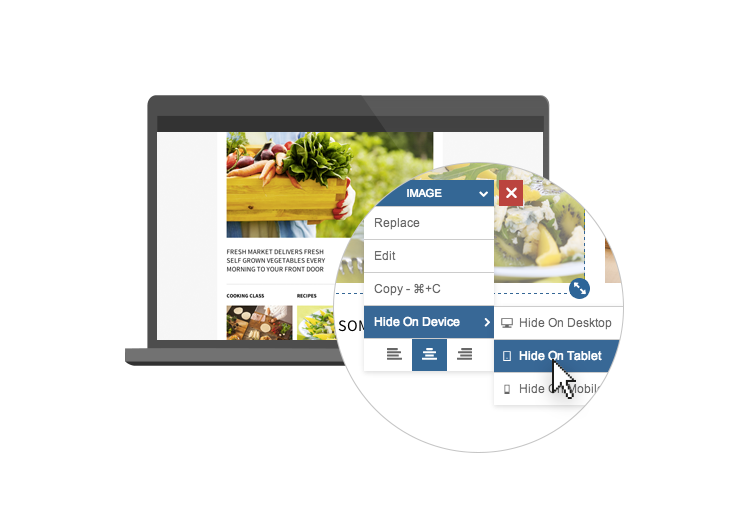The Multi-Screen Imperative: A Conversation with Duda
![]()
Mobile website builder Duda Mobile is now just Duda. The name change goes beyond a Sean Parker-esque “cleaner” sensibility: It represents a broadened focus from just mobile, to now build SMB presence and functionality across all screens.
That’s well aligned with the multi-screen world we now live in, Duda CEO Itai Sadan told me. It’s also aligned with Duda’s perspective: Building mobile sites from desktop assets has given it a clear view of the design principles that work best across screens.
The new DudaOne product will offer just that by building sites on mobile, desktop, tablet (and soon other places like TV and in-car). They’re all built using responsive design, but importantly, Sadan sees the need to customize sites further based on device-specific use cases.
In other words, responsive design is just about how the page renders on different sized screens. That’s important, but there’s also a need to include certain functionality or calls to action on a smartphone (call business, directions) versus desktop (watch video).
“Let’s say a certain page is loaded on the mobile device,” posits Sadan. “People are more likely to be looking for an address for the business, so we’ll offer step-by-step directions and automatically optimize the navigation.”
This sensibility around meeting mobile user intent branches from Duda’s experience building mobile sites. In applying best practices of mobile-oriented calls to action (calls, directions and table reservations), it’s delivered high conversions for SMBs.
“Click-to-call is the number one widget on our mobile sites,” said Sadan. “We’ve generated one million calls to SMBs, 400,000 map clicks, and 170,000 clicks to our Opentable widget. That’s real value delivered to SMBs.”
Another important attribute of DudaOne is the ability to pre-populate sharp looking websites from the many SMB content assets already in place. Those could include older websites and the various content assets that are spread throughout the web (think Yelp reviews).
“[SMBs] have lots of existing content,” said Sadan. “They might have business pages or reviews or tweets. If they are a restaurant, they might have Opentable, or menus through Locu. We only ask them for their name and URL and then we automatically take care of content population.”
Monthly pricing will have three tiers including free (ad supported), business ($7.50), and business plus ($14.25). Each comes with graduated features that can be seen here. Along with automated content aggregation mentioned above, flat pricing has the simplicity we know to attract SMBs.
“We’re not focusing on the consumer market like many website builders,” said Sadan. “We want to address SMBs and their need to drive conversions.”



Great solution!
Congrats Duda Team!